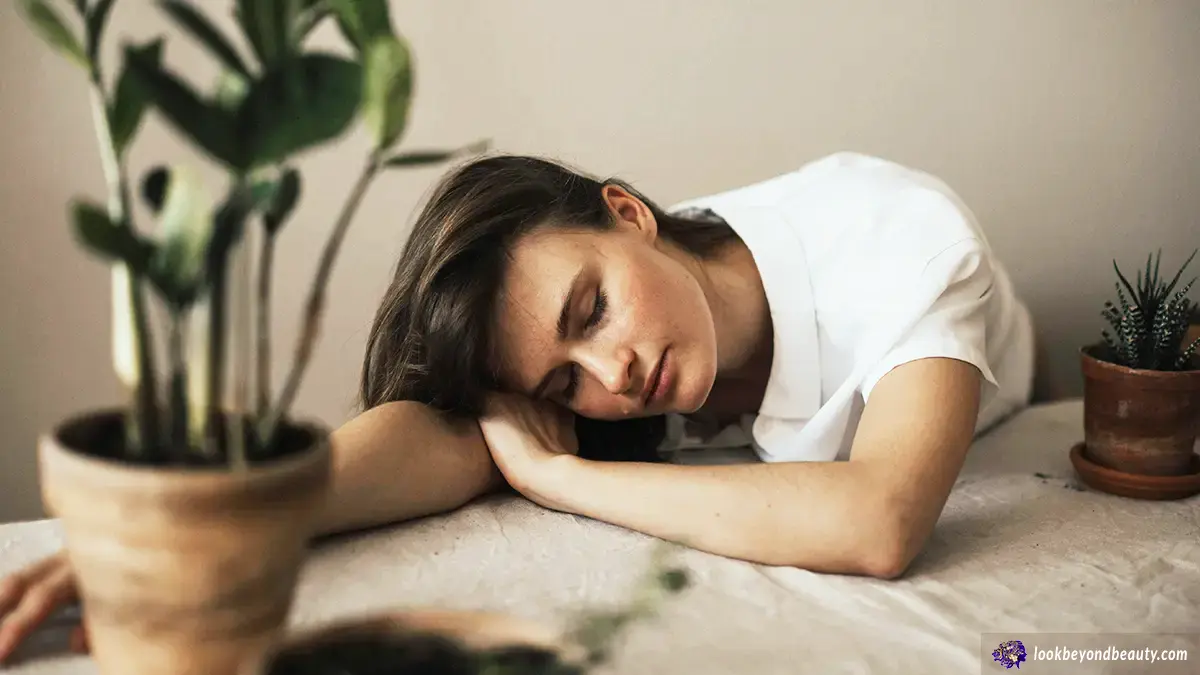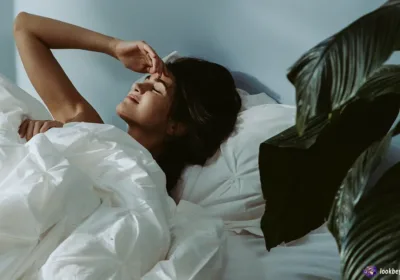Do Naps Really Count? The Truth About Catching Up On Sleep

When we can’t take a vacation to escape the constant hustle and bustle of life, sleep also often gets pushed to the bottom of our priority list. So when late-night deadlines, parenting duties, or stress keep you awake, naps can feel like the perfect solution to catch up. In fact, naps are a powerful way to restore your energy, balance your mood, and enhance your overall performance. But do naps count as sleep, and can they truly make up for lost rest? The answer is a bit more in-depth than a simple yes or no.
Why Sleep Matters
Sleep is essential for physical recovery, cognitive function, emotional balance, and overall health. During deep sleep cycles, the brain clears toxins, repairs cells, and consolidates memories. When you’re consistently short on sleep, hormone regulation is disrupted, focus declines, and long-term health risks increase. including heart disease, and weakened immunity.
Do Naps Count as Sleep?
The short answer is naps do count as sleep, but they don’t replace a full night’s rest, because naps can’t entirely cancel out a significant sleep debt.
Naps can:
Improve alertness and mood
Boost memory and learning
Increase reaction and productivity time
Help reduce feelings of fatigue
However, naps don’t provide the same restorative benefits as multiple uninterrupted sleep cycles at night. Deep sleep and REM sleep—critical for cognitive restoration and emotional processing, primarily occur during longer sleep periods. So while naps supplement rest, they cannot fully compensate for chronic sleep loss.
Can Naps Help You Catch Up on Lost Sleep?
It is true that after one or two late nights, napping can help recoup some sleep debt. But regularly relying on naps instead of nighttime sleep can disrupt your circadian rhythm, making it even harder to fall asleep at night.
If you’re wondering do naps count as sleep enough to replace missed hours entirely, the science says no. Think of naps as helpful boosters, not a substitute for consistent, high-quality sleep.
Best Practices for Healthy Napping
To get the most benefit from naps without interfering with nighttime rest, follow these tips:
Best time to nap
It’s best to nap in the early to mid-afternoon, when your body naturally experiences a dip in its circadian rhythm and your brain releases a small amount of melatonin. This is the ideal window for a brief recharge. Generally speaking, these are power naps which are ideal for energy and focus without grogginess. However, avoid napping in the late afternoon as it can interfere with your ability to fall asleep at night.
Amount of napping time
Keep naps short, ideally 20 to 30 minutes to prevent falling into a deep sleep cycle. Longer naps can lead to sleep inertia, a state of grogginess and cognitive sluggishness that leaves you feeling more disoriented than refreshed.
Napping environment
Create a calming environment, typically a dark, quiet, cool space with minimal distractions to enhance your nap quality. To secure this time of environment, you could use an eye mask or blackout curtains to block light. Also consider earplugs or a white noice device to block sound, and find a comfortable place with a pleasant temperature.
While the above are three great tips for napping, and a well-timed nap can definitely help you recharge, nothing replaces a consistent 7 to 8 hours of quality nighttime sleep. Think of naps as a reset button for your mind and body, especially on days when life feels overwhelming or your energy dips.
The Inside-Out Connection
Do naps count as sleep when rest is more than physical recovery? In this case, the answer is yes because resting is about emotional and energetic renewal. This means your body and mind are restored, your skin glows brighter, your mood stabilizes, and your overall sense of balance returns. Albeit a nap might not erase exhaustion, it’s a small, healing pause that helps you come back to yourself inside and out.
How Sleep Affects Your Hair
When you think about beauty rest, it’s not just a saying but rather a science. During deep sleep, your body repairs cells, balances hormones, and restores circulation. These are all vital for scalp health and hair growth.
Chronic sleep loss can elevate stress hormones like cortisol, which may disrupt your scalp’s oil balance and trigger shedding. Meanwhile, consistent rest improves your hair follicles’ oxygen and nutrient supply, helping your strands grow stronger from the inside out.
So whether you’re catching up on rest or sneaking in a 20-minute nap, think of sleep as a beauty ritual for your crown. When your body rests, your beauty restores from root to soul.
Bottom Line: Do Naps Count as Sleep?
Yes, naps count as sleep, and they’re great for a quick reset. But they shouldn’t take the place of a full night’s rest. Consistent, restorative sleep at night is still the foundation of long-term wellness, energy, and healthy hair. Short nap? Great. Sleep all day and stay up all night? Not so great.
In Beauty & Wellness,
Marcey, Certified Health Coach & Trichologist
DISCLAIMER: The content in this blog is for informational purposes only. And not intended to diagnose, treat, cure, or prevent any medical condition or replace your healthcare professional’s advice and guidance. If you suspect a medical condition, please seek medical attention immediately.
You may also enjoy reading: How Stress Affect Hair Health





